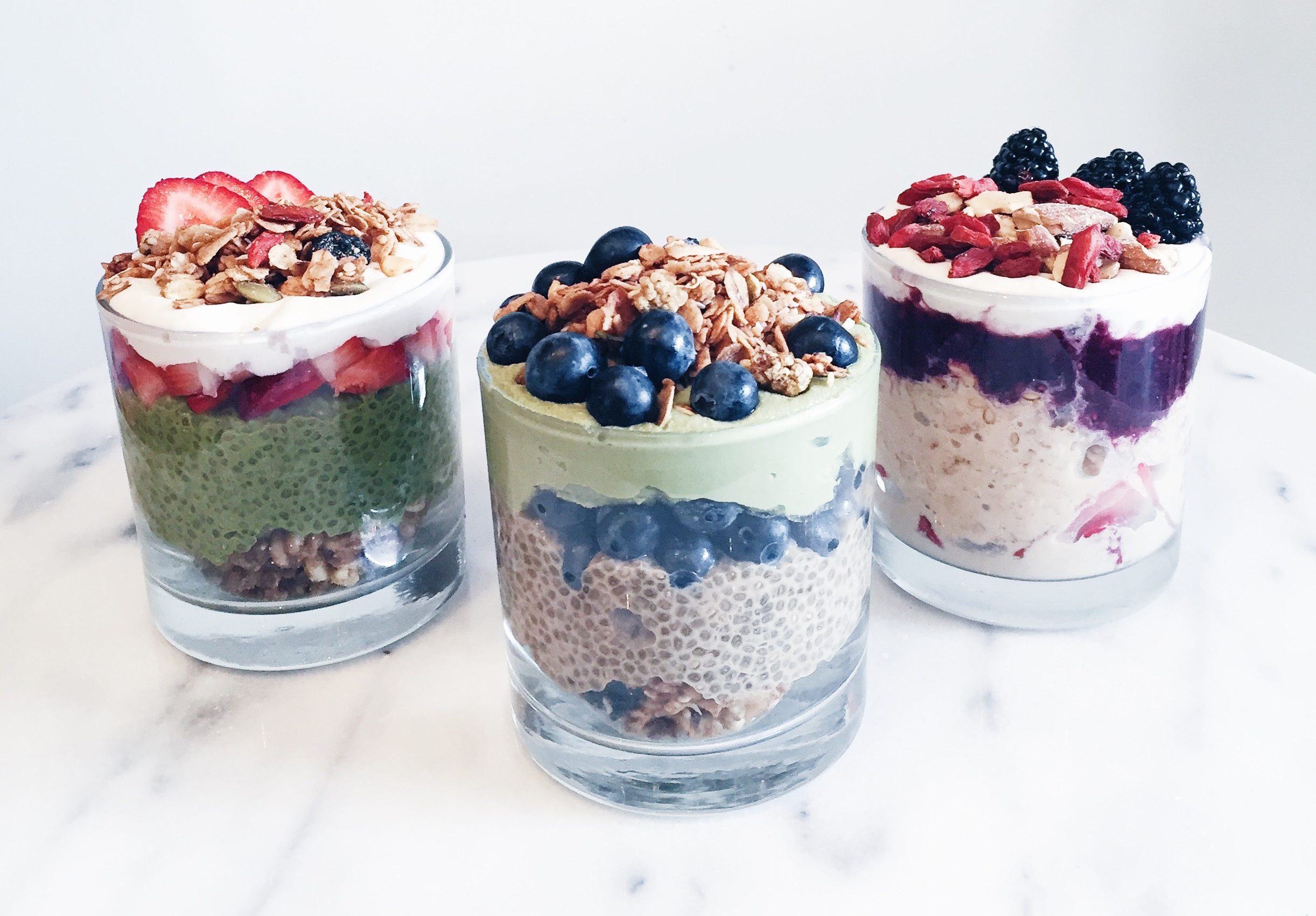How to Stop Drinking Coffee in 5 Days and Delicious Alternatives
Coffee may be the most popular drink worldwide, with over 400 billion cups consumed daily. However, if you’re facing the downsides of high caffeine consumption, it might be time to quit coffee for good, or at the very least, cut back. This guide will help you through the process, whether you decide to quit cold turkey or simply limit your coffee intake.
Don’t worry—we’ll also cover the dreaded caffeine withdrawal symptoms that may arise during this transition.
Like millions of others, we love coffee here at Breakfast Criminals. It’s delicious and provides a jump start for a busy day. Yet, there are functional herbs, adaptogenic mushrooms, and antioxidant-rich teas that can serve as alternatives, offering sustainable energy and optimal brain function without the crashes associated with coffee.
In this comprehensive guide, you’ll discover the reasons people enjoy their morning cup alongside sound substitutes and their advantages.
By the end of this guide, you may feel compelled to quit coffee altogether. But if you choose to indulge in an occasional cup, that’s perfectly fine!
Why a Cup of Joe is Still Awesome
Research from various institutions, including Harvard and Johns Hopkins, indicates that moderate coffee consumption won’t harm you. In fact, it contains high levels of antioxidants that help reduce inflammation, lower heart disease risks, and even strengthen your immune system. Regular coffee drinkers may also experience reduced risks of kidney disease and diabetes due to its diuretic properties, which help eliminate toxins from the body.
Coffee has been linked to reduced DNA strand breakage, lower risks of certain cancers—like colon cancer—and even protection against Alzheimer’s and Parkinson’s diseases.
Is It Good to Stop Drinking Coffee?
“When people ask me if I drink coffee, I say I don’t do hard drugs.” – Dr. Andrew Weil
After sharing a ceremonial cacao with Dr. Weil, we discussed wellness, consciousness, and entrepreneurship, including his views on coffee.
Just one cup of coffee a day (around 50 mg of caffeine) offers all those health benefits. However, consuming more can exhaust your adrenal glands, disrupt your body’s natural rhythms for stress and sleep, and lead to caffeine addiction.
Studies also suggest that the energy derived from caffeine can be deceptive. It doesn’t create sustainable energy; instead, it often borrows from your system, leading to an energy dip later on, like negative interest on a bank deposit. When the caffeine wears off, withdrawal symptoms can trigger anxiety and sleeplessness, as caffeine reduces the critical low-frequency delta brainwaves essential for deep restoration and healing.
Are You Experiencing Coffee Woes?
Watch this eye-opening video on caffeine withdrawal: Joe Rogan Interview: What Michael Pollan Learned from Quitting Caffeine for 3 Months
Your body reacts to everything in its environment, including what you consume. While stress alone isn’t harmful, excess stress and substances can negatively affect your long-term health. When experiencing stress—whether mental or physical—our body enters a three-stage alarm response known as the general adaptation syndrome (GAS):
- Alarm: The initial gut feeling that alerts you something is off.
- Resistance: Your body pushes back against stressors, with adaptogens helping sustain energy levels longer.
- Exhaustion: This is your body’s signal to rest and recover from stress.
Excessive coffee consumption forces your adrenals to overproduce hormones like cortisol and adrenaline, leading to adrenal fatigue. Signs of this include:
- Trouble sleeping soundly
- Brain fog
- Depression
- Anxiety
- Memory loss
- Jitters
- Mid-afternoon energy crashes
- Racing thoughts
- Joint pain
- Feeling restless
- Inability to focus for long periods
- Intense cravings for sugar and carbs as your body seeks quick energy boosts
All of this suggests that your body struggles to maintain hormonal balance, which can affect your mood, energy, and cognitive function.
The 7 Best Coffee Alternatives
Now that you understand the benefits and downsides of coffee consumption, consider minimizing your intake and substituting your morning routine with something supportive instead. Here are some fantastic alternatives that can offer sustainable energy, mental clarity, and heart health benefits.
Adaptogens
Many coffee alternatives mentioned here are rich in adaptogens—natural substances known for helping the body adapt to stress. They support hormonal regulation and improve immune function without the drawbacks of caffeine. Here are a few potent adaptogenic herbs:
- Ashwagandha: Reduces stress and anxiety while sustaining energy levels.
- Reishi mushrooms: Enhance sleep quality and boost immunity.
- American ginseng: Offers calming effects and improves memory.
- Astragalus: Reduces fatigue.
- Cordyceps: Increases stamina.
- Lion’s Mane: Reverses stress-related changes in neurotransmitters.
- Eluethero root: Boosts memory and cognitive function.
- Turmeric: Helps regulate cortisol levels and reduce inflammation.
- Cacao: Increases endorphins and reduces anxiety.
1. MUD\WTR
This coffee alternative blends Masala Chai tea with adaptogens to enhance mental and physical performance without the jitters. It provides a grounding, chai-like flavor and is simple to prepare—just add hot water or milk. MUD\WTR contains about 14 mg of caffeine per cup, significantly less than regular coffee.
Purchase MUD\WTR as a coffee substitute here.
2. Rasa
This blend of 100% organic adaptogenic herbs offers a delicious coffee alternative crafted to enhance energy without taxing your system. It contains just 5 mg of caffeine per 8 oz cup. Rasa is also a suitable choice for pregnant and lactating women due to its low caffeine content and rich array of adaptogens.
Purchase Rasa sampler pack as a coffee substitute here.
3. Ceremonial Cacao
Cacao, revered in ancient cultures, offers numerous health benefits with only half the caffeine of regular coffee. It’s rich in antioxidants and mood-enhancing compounds. Opt for ceremonial-grade cacao, which retains its health properties unlike heavily processed counterparts.
4. Four Sigmatic Mushroom Coffee
Four Sigmatic offers a low-caffeine or caffeine-free beverage featuring adaptogenic mushrooms that improve immunity, mood, and sleep. This coffee substitute is rich in antioxidants and supports overall health.
Purchase Four Sigmatic as a regular coffee substitute here.
5. Jnantik: Maya Seed
This nutrient-dense seed, known historically for its health benefits, is an excellent caffeine-free option. It’s rich in magnesium, which can positively impact your stress response.
Purchase Jnantik as a coffee substitute here.
6. Dandelion and Root Tea
Dandelion tea is a delicious, caffeine-free alternative that aids digestion and detoxifies the liver. It is composed of a blend of dandelion greens, barley, and chicory.
Purchase Dandy Blend as a coffee substitute here.
7. Matcha Green Tea
This nutrient-rich, powdered green tea offers a moderate caffeine boost and an abundance of antioxidants.
Purchase Matcha Green Tea as a coffee substitute option 1 here.
Purchase Matcha Green Tea as a coffee substitute option 2 here.
5 Days to Kick Your Coffee Habit
With viable substitutes at your disposal, let’s explore actionable steps to wean yourself off coffee. Following this 5-day plan should help you avoid withdrawal symptoms that often accompany caffeine cessation.
Should You Go Cold Turkey Or Not?
Quitting caffeine abruptly can be rough, inducing symptoms like fatigue and crankiness. Take it easy on yourself; consider sleep, stress management, and exercises to ease the transition.
A Word on Sleep & Stress
Many use coffee to counteract sleep deprivation and stress. Adequate rest is essential for sustaining energy; coffee alone won’t suffice. Adopt good sleep hygiene:
- Avoid devices before bedtime.
- Darken your bedroom to promote natural hormone production.
- Spend time in sunlight during the day.
- Practice relaxation techniques to reduce stress.
- Maintain a consistent sleep schedule.
- Try herbal remedies if necessary.
Combating Caffeine Withdrawal Symptoms
If you encounter withdrawal headaches or fatigue, consider the following natural remedies:
- Willow bark: Reduces pain and inflammation.
- Turmeric: Acts similarly to ibuprofen for chronic inflammation.
- Acupuncture: Efficient for reducing pain.
Day 1:
Start with a quarter cup of your regular coffee, perhaps mixed with your favorite plant milk. The breathing technique “Nadi Shodhana” (alternate nostril breathing) can help clear mental fog.
Day 2:
Transition to ceremonial cacao and enjoy a walk in nature to maximize energy and relaxation.
Day 3:
Continue your breathing practice and replace coffee with MUD\WTR or Four Sigmatic Mushroom Coffee while engaging in physical activity.
Day 4:
Have a cup of Matcha Green Tea paired with music that uplifts your spirit.
Day 5:
Opt for Jnantik or Dandelion tea, ensuring proper hydration throughout the day.
In Closing
Numerous excellent choices exist to replace or reduce coffee consumption. By embracing adaptogens, you can improve your stress response, enhance sleep quality, and operate at your best.
Next Steps
Explore more posts and recipes from Breakfast Criminals to enhance your mornings.



